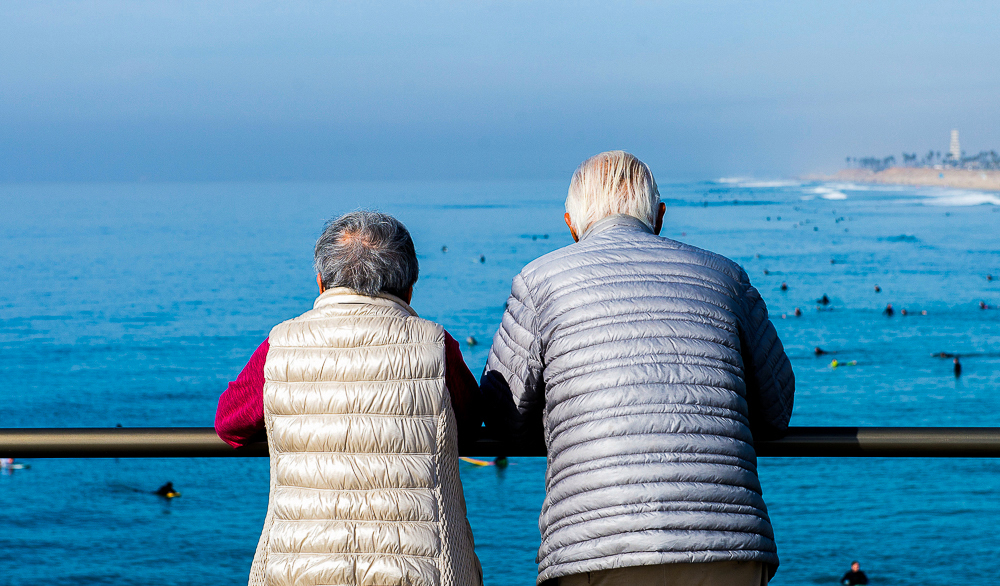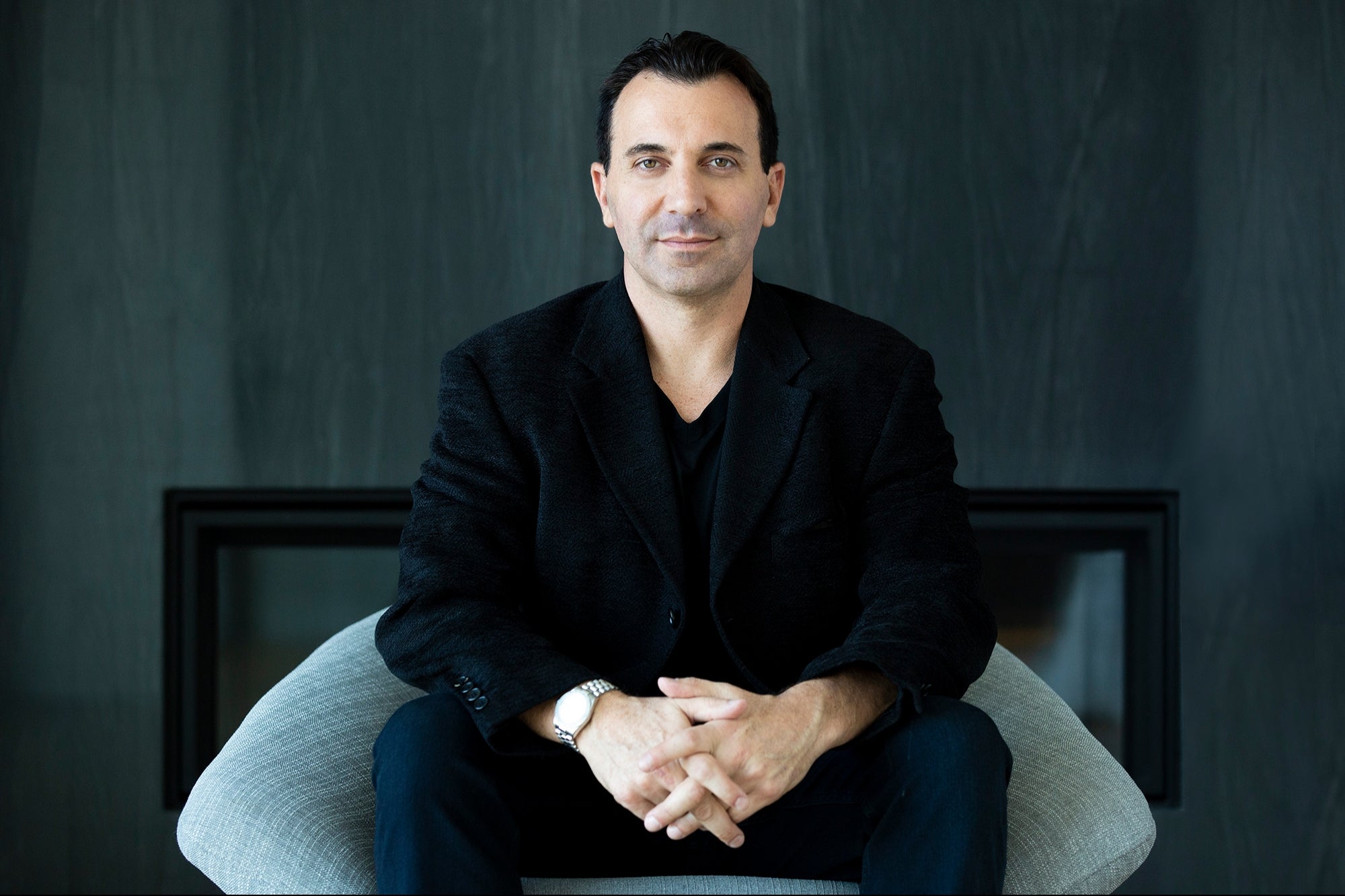Old. Chronically ill. Black.
People who fit this description are more likely to die from COVID-19 than any other group in the country.
They are perishing quietly, out of sight, in homes and apartment buildings, senior housing complexes, nursing homes and hospitals, disproportionately poor, frail and ill, after enduring a lifetime of racism and its attendant adverse health effects.
Yet, older Black Americans have received little attention as protesters proclaim that Black Lives Matter and experts churn out studies about the coronavirus.
“People are talking about the race disparity in COVID deaths, they’re talking about the age disparity, but they’re not talking about how race and age disparities interact: They’re not talking about older Black adults,” said Robert Joseph Taylor, director of the Program for Research on Black Americans at the University of Michigan’s Institute for Social Research.
A KHN analysis of data from the Centers for Disease Control and Prevention underscores the extent of their vulnerability. It found that African Americans ages 65 to 74 died of COVID-19 five times as often as whites. In the 75-to-84 group, the death rate for Black people was 3½ times greater. Among those 85 and older, Black people died twice as often. In all three age groups, death rates for Hispanics were higher than for whites but lower than for Black people.
(The gap between Black people and whites narrows over time because advanced age, itself, becomes an increasingly important, shared risk. Altogether, 80% of COVID-19 deaths are among people 65 and older.)
The data comes from the week that ended Feb. 1 through Aug. 8. Although breakdowns by race and age were not consistently reported, it is the best information available.
Mistrustful of Outsiders
Social and economic disadvantage, reinforced by racism, plays a significant part in unequal outcomes. Throughout their lives, Black people have poorer access to health care and receive services of lower quality than does the general population. Starting in middle age, the toll becomes evident: more chronic medical conditions, which worsen over time, and earlier deaths.
Several conditions — diabetes, chronic kidney disease, obesity, heart failure and pulmonary hypertension, among others — put older Black adults at heightened risk of becoming seriously ill and dying from COVID-19.
Yet many vulnerable Black seniors are deeply distrustful of government and health care institutions, complicating efforts to mitigate the pandemic’s impact.
The infamous Tuskegee syphilis study — in which African American participants in Alabama were not treated for their disease — remains a shocking, indelible example of racist medical experimentation. Just as important, the lifelong experience of racism in health care settings — symptoms discounted, needed treatments not given — leaves psychic scars.
In Los Angeles, Karen Lincoln directs Advocates for African American Elders and is an associate professor of social work at the University of Southern California.
“Health literacy is a big issue in the older African American population because of how people were educated when they were young,” she said. “My maternal grandmother, she had a third-grade education. My grandfather, he made it to the fifth grade. For many people, understanding the information that’s put out, especially when it changes so often and people don’t really understand why, is a challenge.”
What this population needs, Lincoln suggested, is “help from people who they can relate to” — ideally, a cadre of African American community health workers.
With suspicion running high, older Black adults are keeping to themselves and avoiding health care providers.
Other factors contribute to the heightened risk for older Black aduts during the pandemic. They have fewer financial resources to draw upon and fewer community assets (such as grocery stores, pharmacies, transportation, community organizations that provide aging services) to rely on in times of adversity. And housing circumstances can contribute to the risk of infection.
‘Striving Yet Never Arriving’
In recent years, the American Psychological Association has called attention to the impact of racism-related stress in older African Americans — yet another source of vulnerability.
This toxic stress, revived each time racism becomes manifest, has deleterious consequences to physical and mental health. Even racist acts committed against others can be a significant stressor.
This year, for some elders, violence against Black people and COVID-19’s heavy toll on African-American communities have been painful triggers.
During ordinary times, families and churches are essential supports, providing practical assistance and emotional nurturing. But during the pandemic, many older Black adults have been isolated.
Social networks that keep elders feeling connected to other people are also weakening.
“What is especially difficult for elders is the disruption of extended support networks, such as neighbors or the people they see at church,” said Taylor, of the University of Michigan. “Those are the ‘Hey, how are you doing? How are your kids? Anything you need?’ interactions. That type of caring is very comforting and it’s now missing.”
In Atlanta, Celestine Bray Bottoms, 83, who lives on her own in an affordable senior housing community, is relying on her faith to pull her through what has been a very difficult time. Bottoms was hospitalized with chest pains this month — a problem that persists. She receives dialysis three times a week and has survived leukemia.
“I don’t like the way the world is going. Right now, it’s awful,” she said. “But every morning when I wake up, the first thing I do is thank the Lord for another day. I have a strong faith and I feel blessed because I’m still alive. And I’m doing everything I can not to get this virus because I want to be here a while longer.”
KHN data editor Elizabeth Lucas contributed to this story.
Kaiser Health News is a nonprofit news service covering health issues. It is an editorially independent program of the Kaiser Family Foundation, which is not affiliated with Kaiser Permanente.










